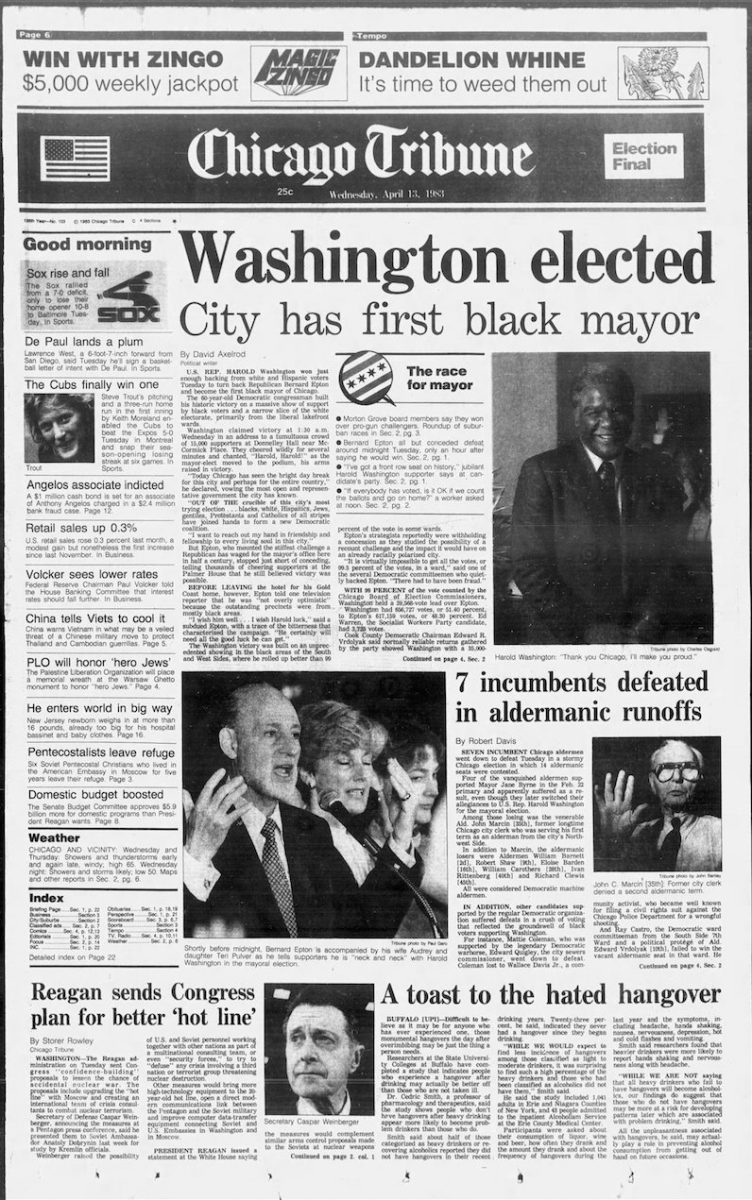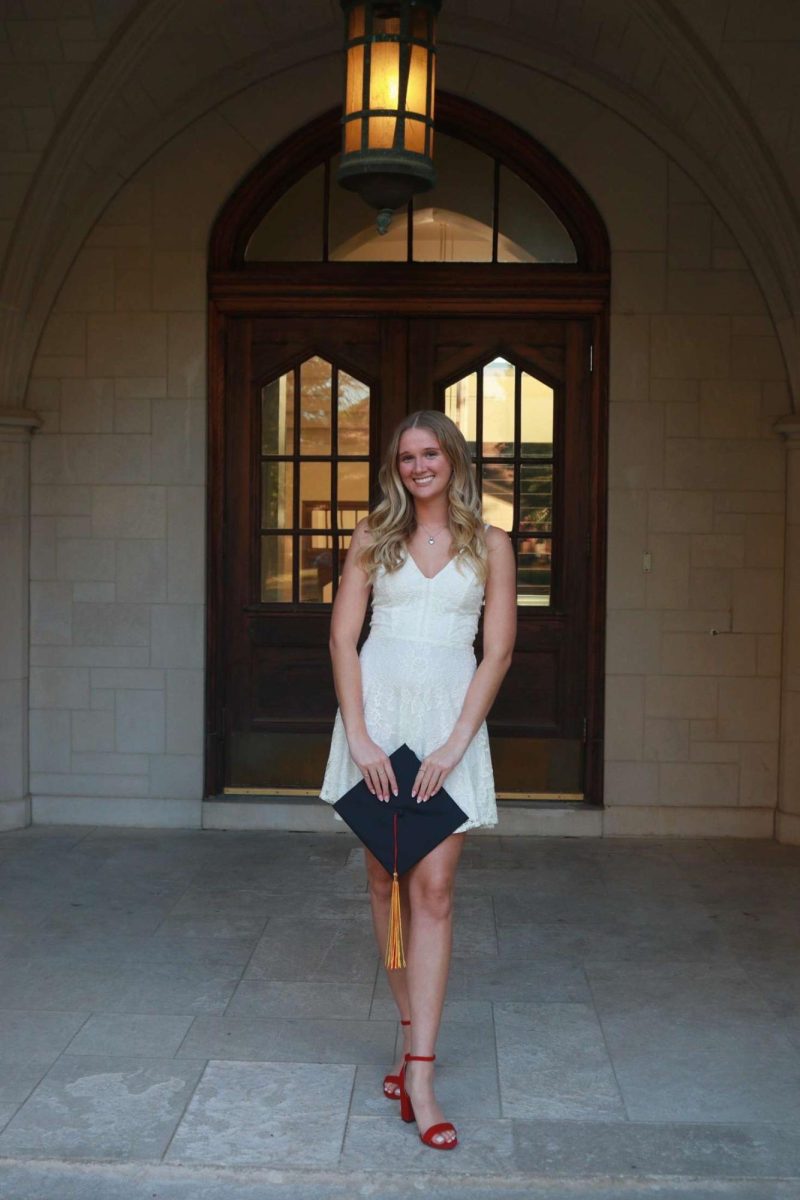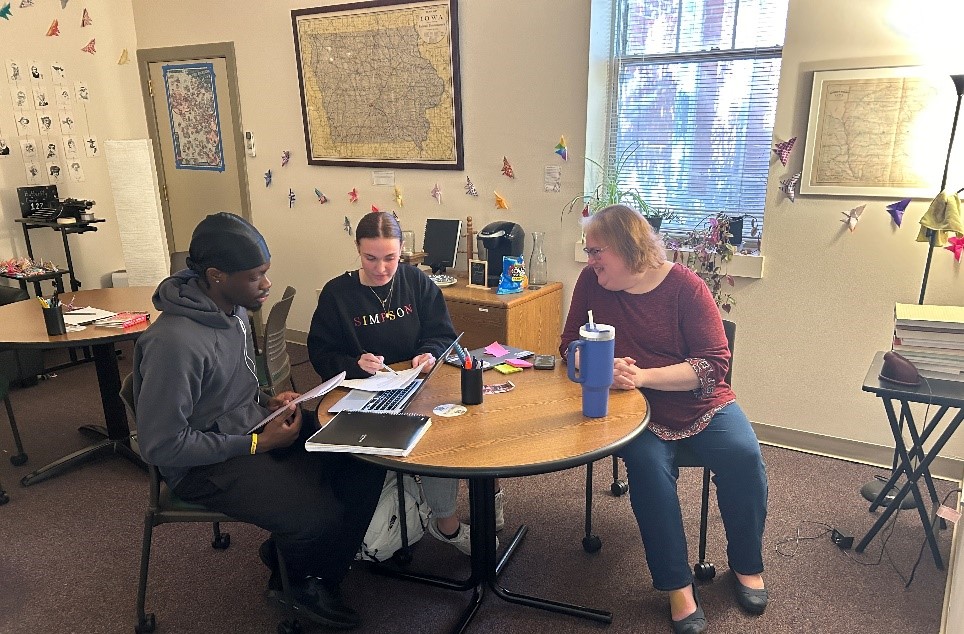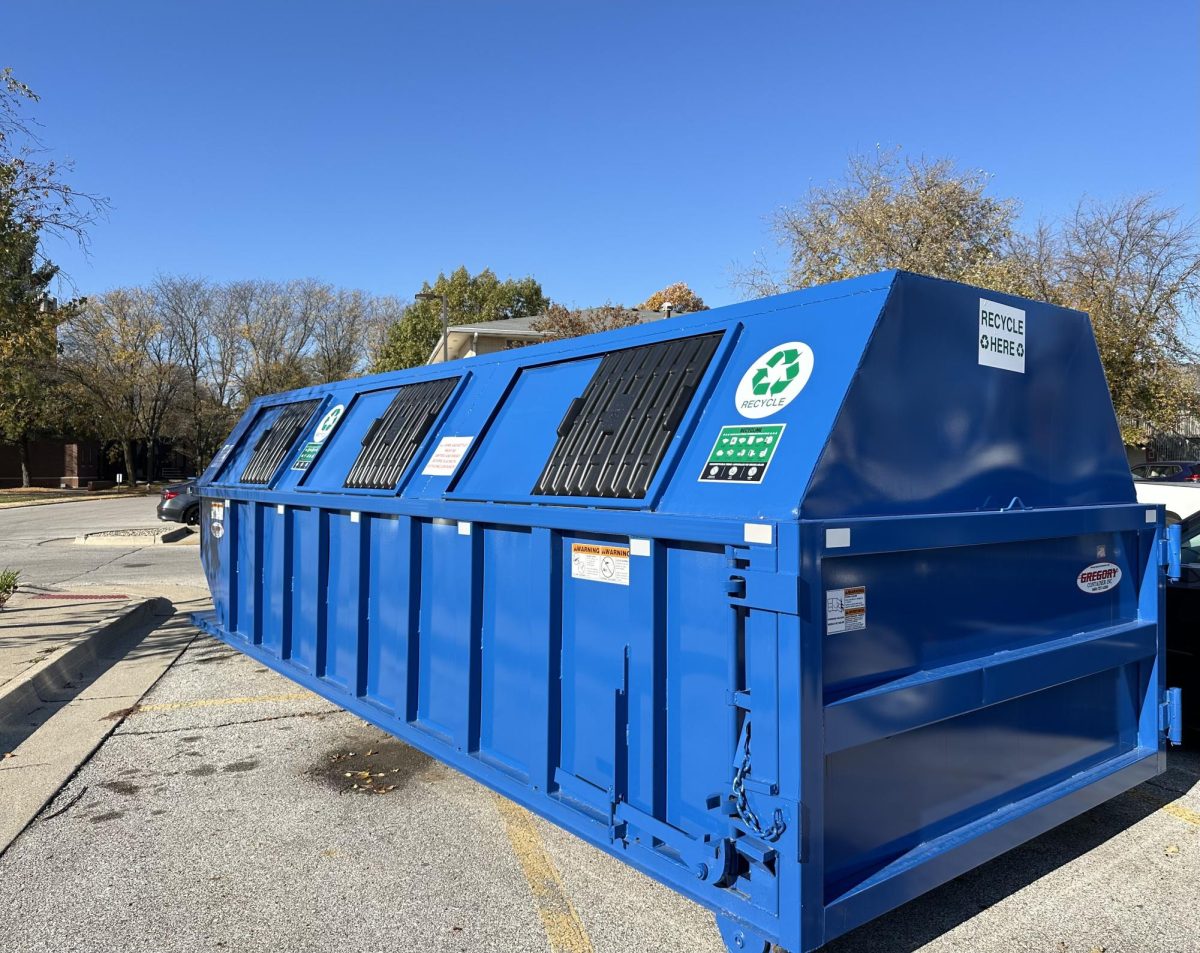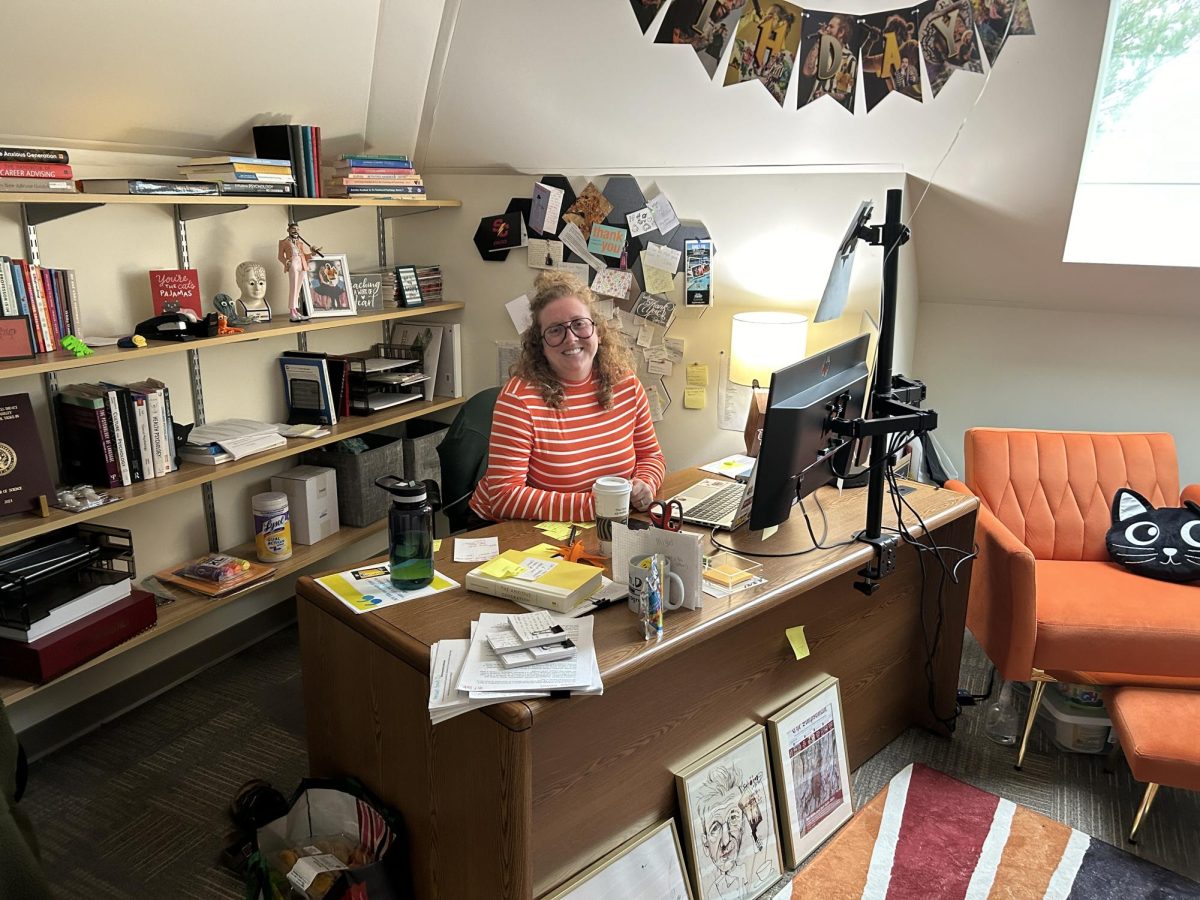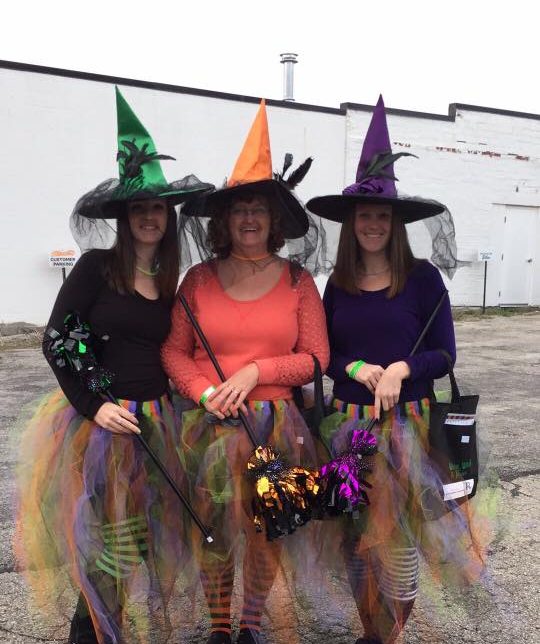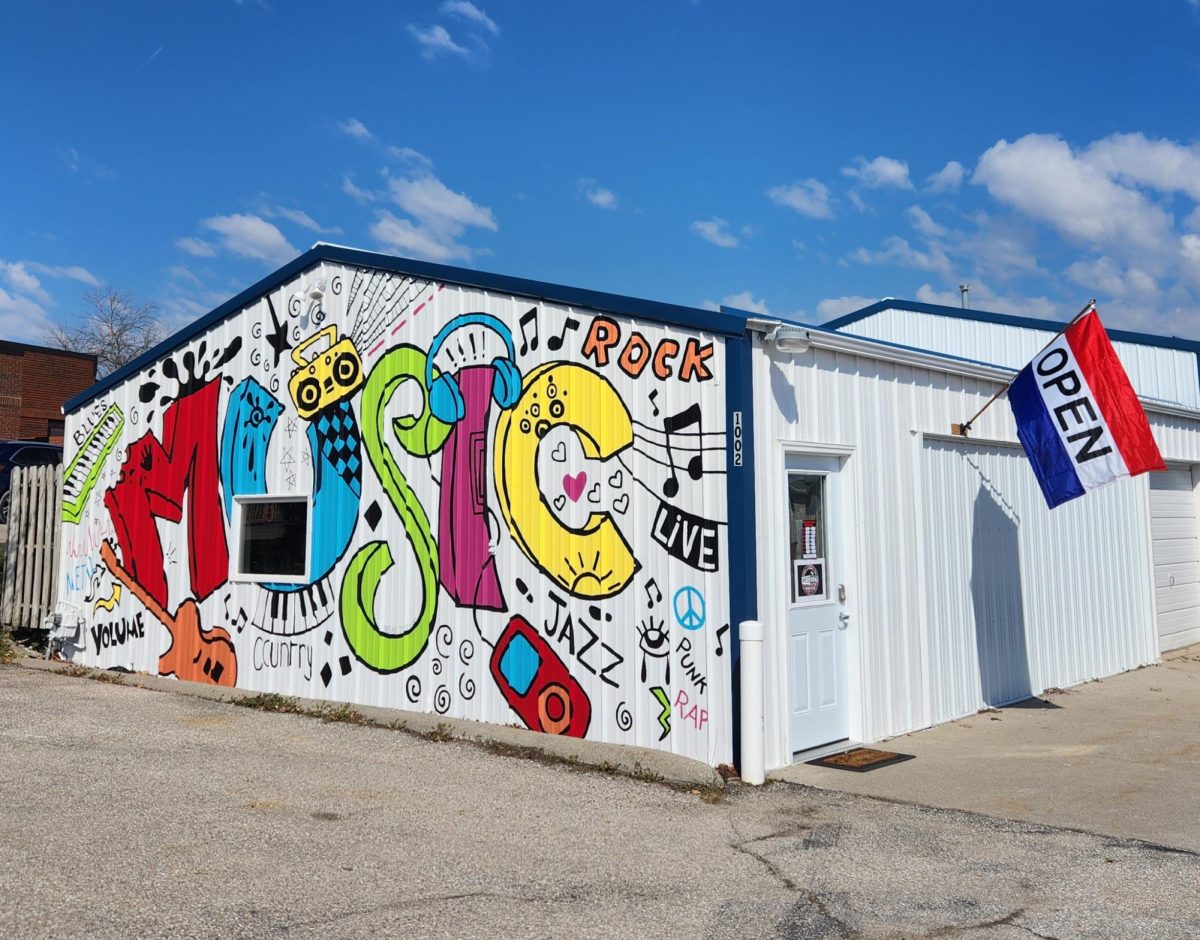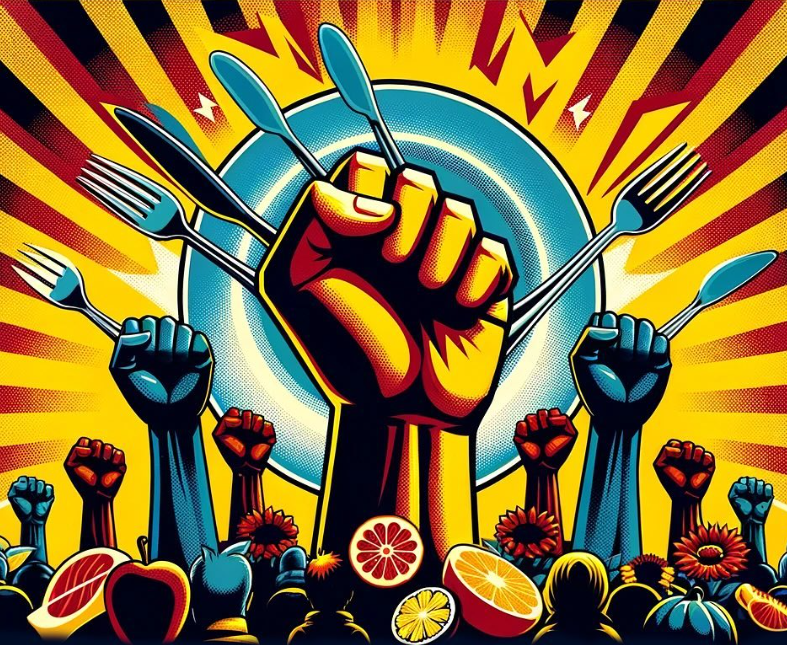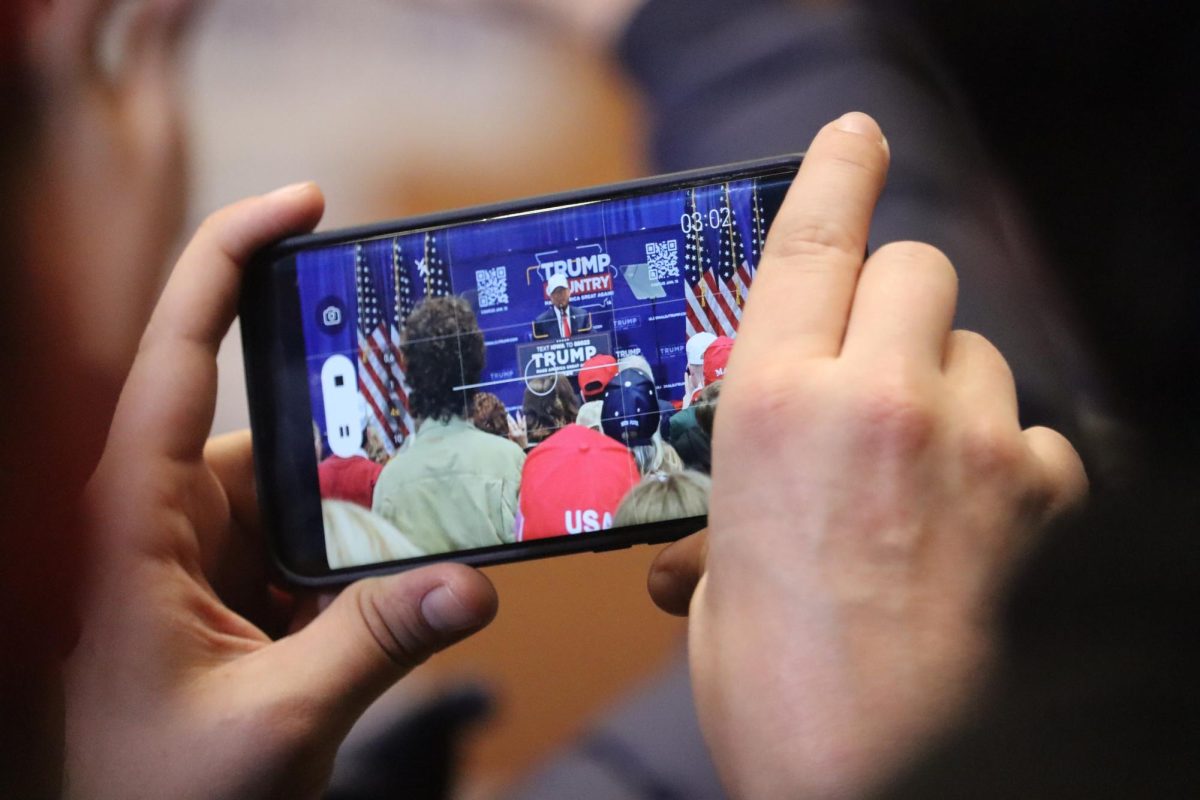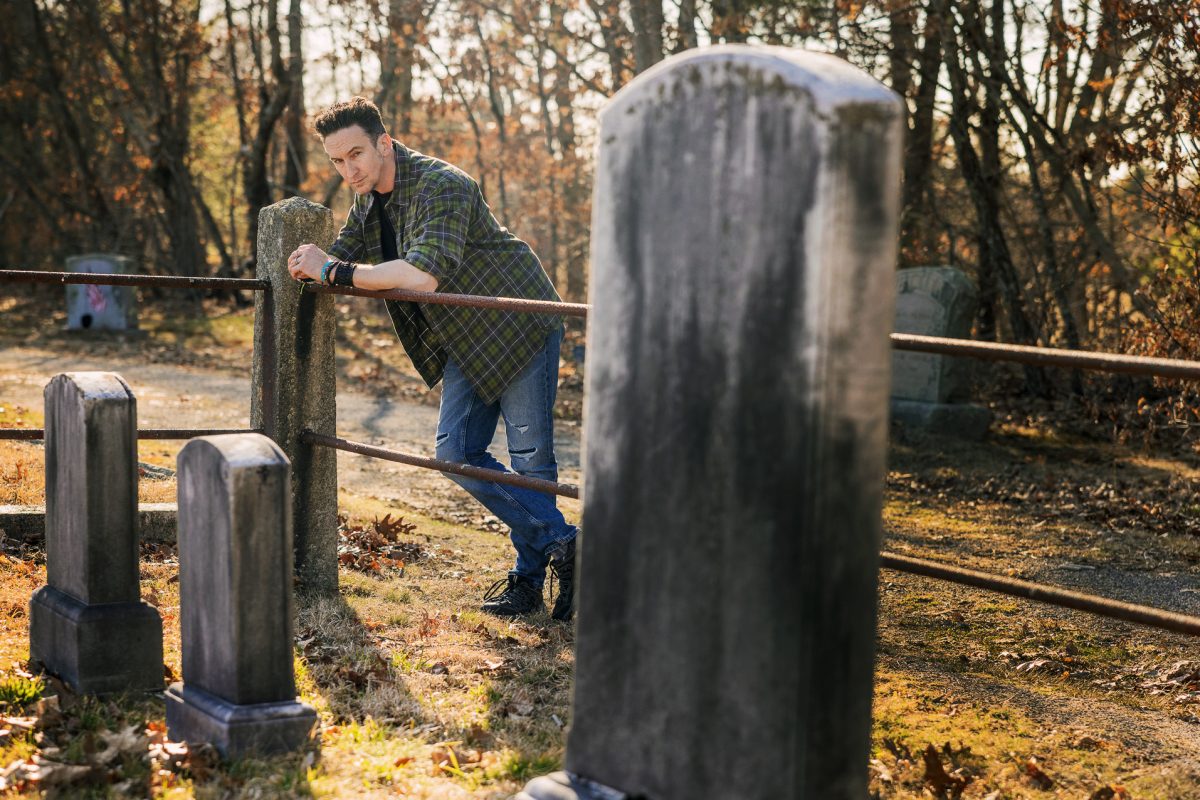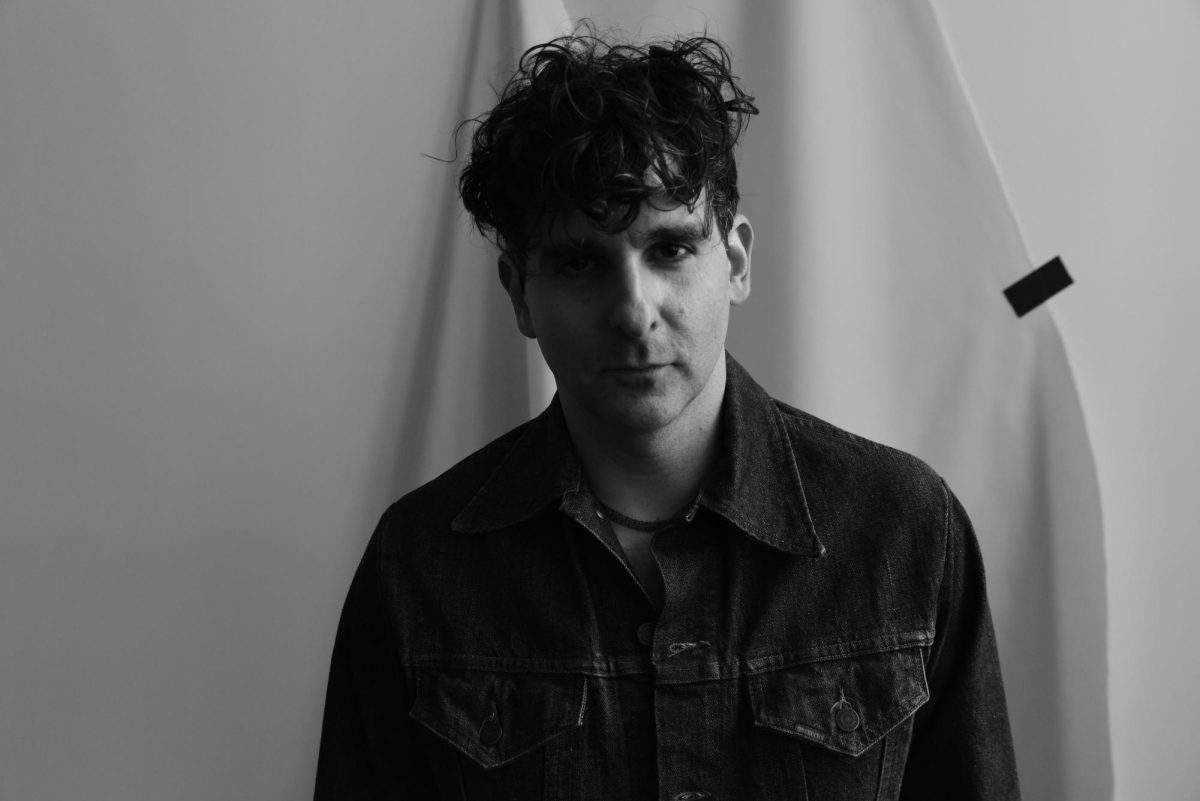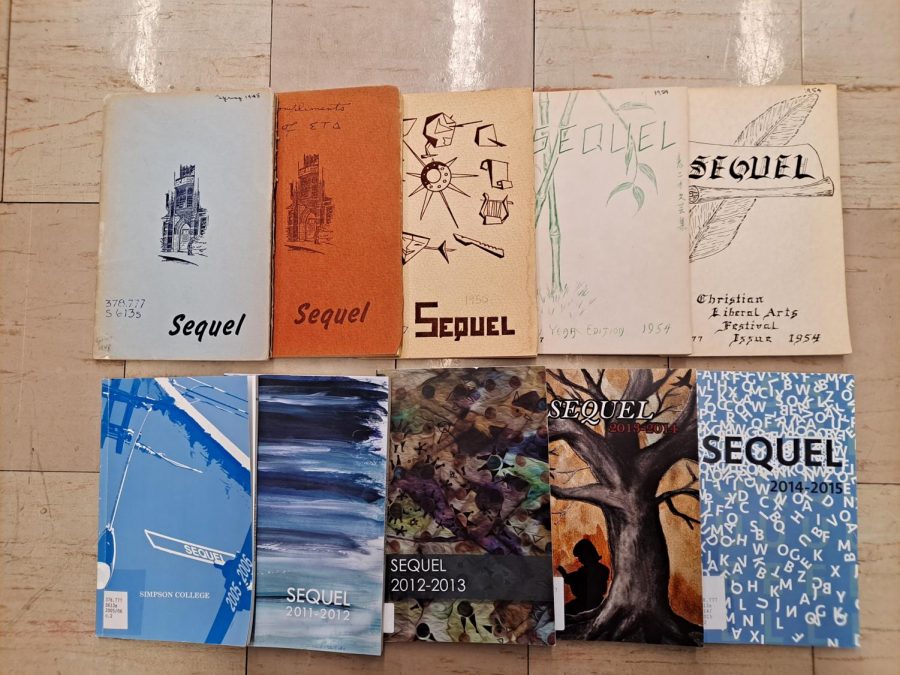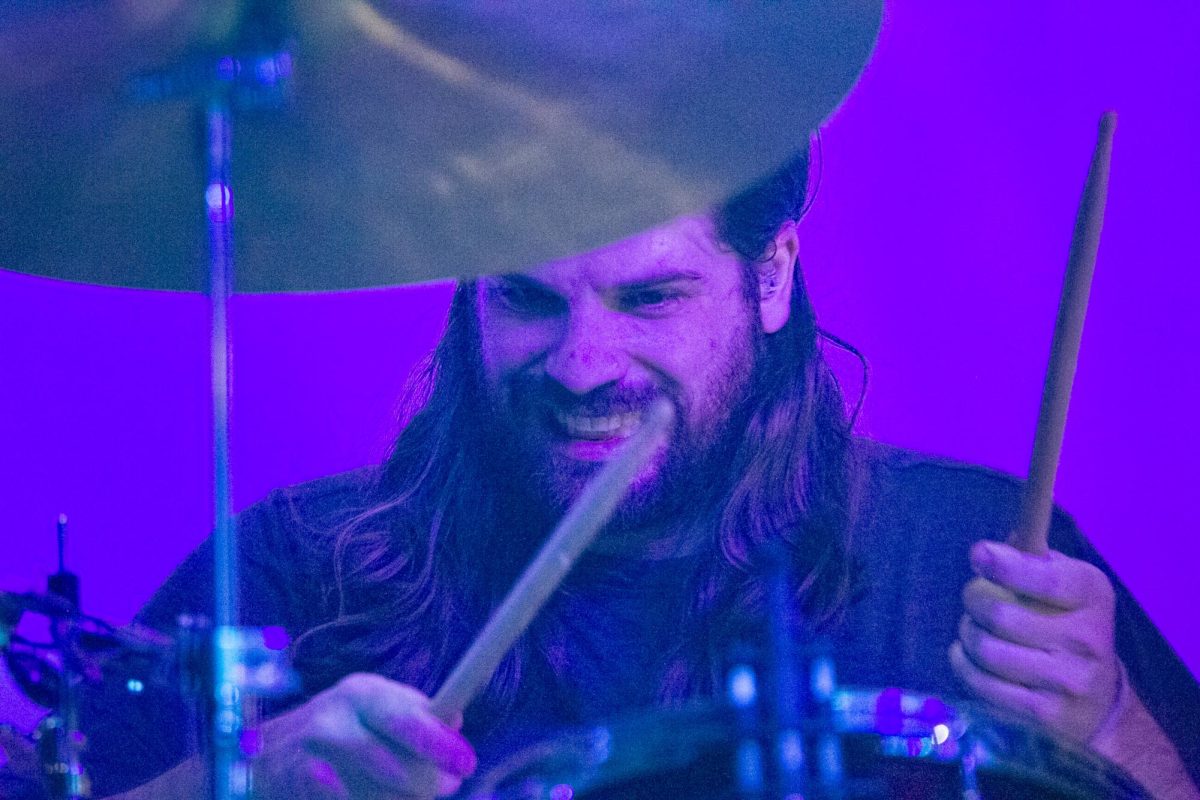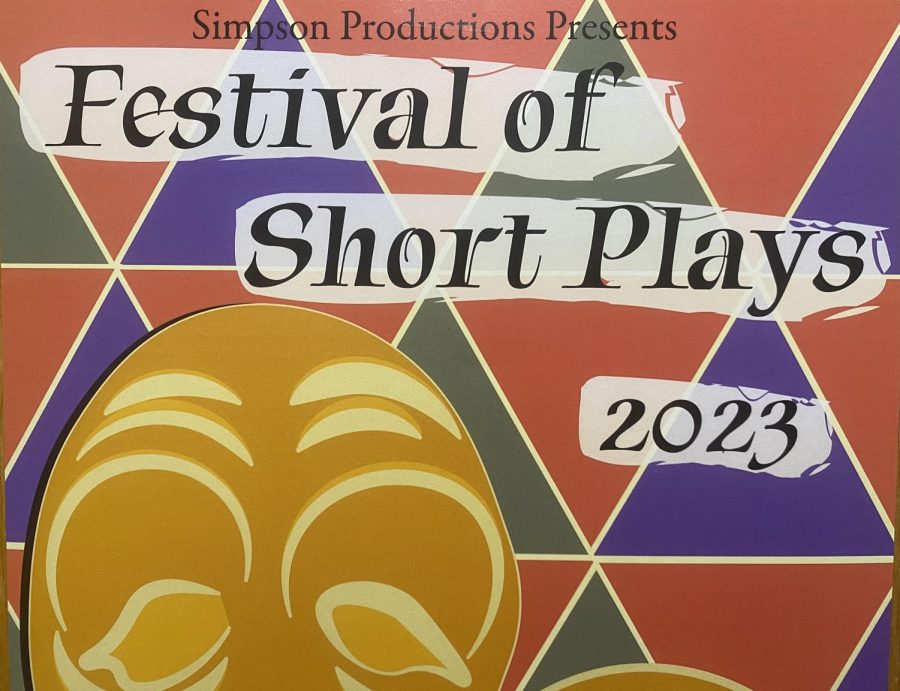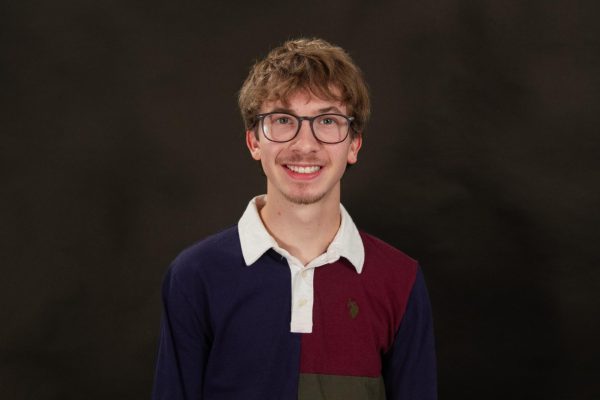*This is a continuation from Hannah Rosenfeld’s preview of the showing from the Feb. 7 edition
“Punch 9 for Harold Washington”, an award-winning documentary about Chicago’s first Black mayor and produced by a Des Moines native, had an exclusive showing in Black Box Theater on Tuesday, Feb. 13.
The Black Student Union and the Culver Public Policy Center partnered to host a showing of the exclusive documentary that is not available on any streaming platforms.
The film, which took seven years to complete, was initially released in 2021 but never sold, so it never hit mainstream theaters and can only be seen at exclusive screenings at select colleges and theaters scattered across the country.
Simpson was one of the lucky colleges to get a screening with special guest Sonya Jackson, a Des Moines native and producer of the documentary, who joined the showing to hold a question and answer session afterward.
The documentary tells the story of Harold Washington, who was elected in 1983 as the first African-American Mayor of Chicago, his political journey and the legacy he left as a monumental elected figure.
Who was Harold Washington?
Harold Washington was born in 1922 and raised in Chicago. In 1952 he became a graduate of Northwestern School of Law.
Washington served as an Illinois state representative from 1965 to 1977, an Illinois state senator from 1977 to 1981 and served in U.S. Congress as the Representative of the First Congressional District of Illinois from 1981 to 1983.
Then, in 1982, he launched his mayoral bid for the 1983 Chicago election. Winning by a narrow margin, he became the 52nd Mayor of Chicago and the first African-American elected to the position. He was re-elected in 1987.
He died while in office soon after his re-election due to a heart attack.
During his terms, Washington paved the way for politicians, such as Former President Barack Obama, to be elected in historic elections and has left a lasting legacy beyond the borders of the city of Chicago.
The uphill battle to winning the election:
Chicago was a safely democratic city, but even in the ‘80s, it was still one of the most segregated cities in the country. In the wake of Chicago’s 48th mayor, Richard J. Daley, the city’s minority population was in a less than favorable position. Then, Jane Byrne’s residency as Chicago’s 50th mayor deepened this issue and left much to be desired after a term full of broken promises for Chicago’s Black citizens.
So, Harold Washington left his royal-esque position in Congress to represent the city as mayor and make the progress the citizens deserved.
“Chicago is one city,” Washington had said during his mayoral campaign. “We shall work as one people for our common good and our common goals.”
So, he set sail to become the first Black mayor of the city of Chicago.
He was a lesser-known name up until a debate against former Mayor Byrne and the son of Former Mayor Daley, Richard. M. Daley put him on the map.
Washington won the Democratic primary by a narrow margin, getting the nomination with 36.7% of the vote, while incumbent Jane Byrne received a close 33.5% and Daley with 29.8%.
Washington gained the support of numerous newspapers, unions, celebrities and elected officials, winning the general election against Republican Bernard “Bernie” Epton with nearly 52% of the vote.
From there, Mayor Washington ran into issues with the segregation of the city government, but accomplished diversifying city representation, commission creation and pushed for a new kind of politics where minorities could win.
The legacy of Harold Washington:
Becoming the first African-American mayor of Chicago, Washington was able to unify the city in a way it had never seen before.
Some of his biggest and most recognizable accomplishments:
- Created the Ethics Commission
- Increased the number of underrepresented groups in city government and city contracts
- Opened government with a Freedom of Information executive order
- Led fight for ward redistricting, more black and Hispanic representation
- Opened the city’s budget process for public input and participation
- Achieved more balanced economic development between neighborhoods and downtown
- Encouraged neighborhood festivals and projects
- Created a citywide cultural plan
- Guided effort to build a new central library that helped revitalize the South Loop
- Led movement for Illinois’ Dr. Martin Luther King Jr. holiday bill
Washington also paved the way for politicians like Former President Barack Obama. Washington had been one of the deciding factors for Obama to move to the state of Illinois after graduating from Harvard Law School.
Now, politicians like former Chicago mayor Lori Lightfoot and current Chicago mayor Brandon Johnson sit on the shoulders of the legacy left behind by Washington.



